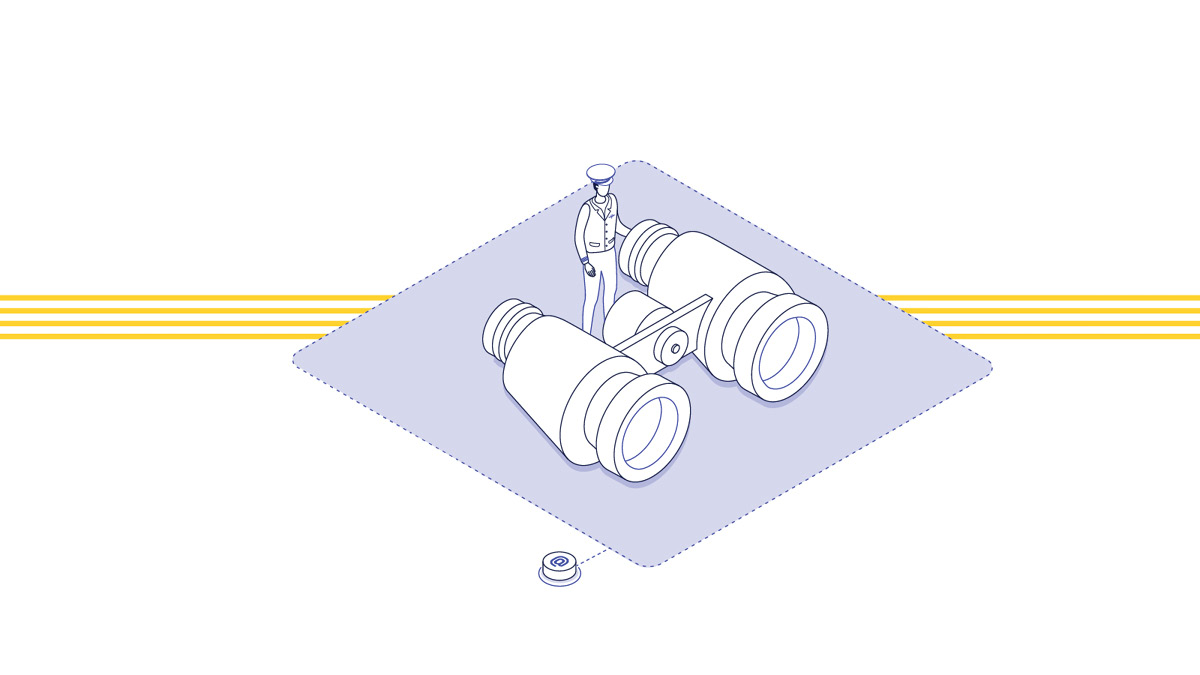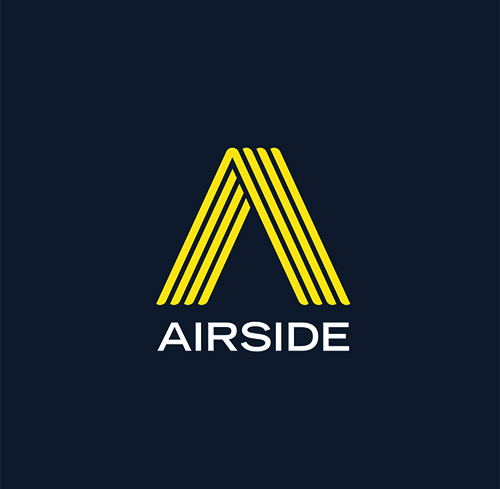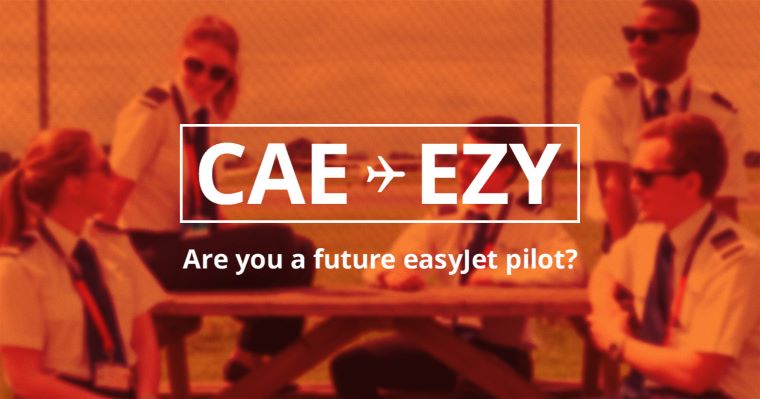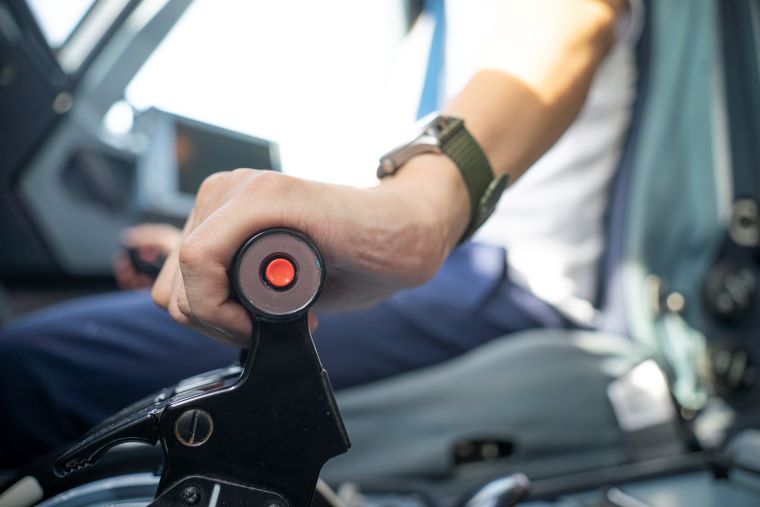What to expect when applying for a pilot position

In today’s climate many pilots are looking for a new challenge, or with influences such as the Covid-19 pandemic, redundancies, or unpaid leave, may just be ready for a change. Whatever the reason we are here to share with you a breakdown of what to expect when applying for a new position.
Job Boards
If you have found yourself scrolling through aviation related job boards looking for a new position, here’s a couple of points to remember:
Do you meet the minimum requirements?
Most employers will have minimum requirements and a certain level of experience that they expect a candidate to hold in order to qualify them for the role.
Are the terms of the role suitable for you?
Not all details will be available online, so it would be worth requesting the full details at an early stage of your application if not already provided by the recruiter. Items like base, training or roster pattern need to suit your lifestyle.
Have you kept a record of what jobs you have applied for?
Often when phoned people forget they have applied for a role. If you can’t remember whether you did, it can appear that you aren’t really interested in the position.
Have you submitted more than one application?
Do not apply directly to the airline and then apply through an agency for the same role. You are not only wasting your time, but it can cause a lot of frustration with the potential employer as they try to process your application.
Did you ask for feedback?
If you haven’t received any feedback after an appropriate amount of time, you should call your recruiter and find out more.
What to expect during a pre-screening call
If you apply through an agency, expect a pre-screening call. The recruitment consultant will ask you a series of questions to determine if the position would be suitable for you. This is the time for you to run through the position’s terms and conditions and to ask any questions about any other positions you may have seen.
If you apply directly you may not have a screening call, and you may not know the full terms and conditions of the position until the time of the interview, or you may not be given the time to ask any questions you may have prior to attending the interview.
How to prepare your application
After your pre-screening call, the recruiter will go through the documents required to apply for the role. Normally, this includes the application form and your CV, passport, licence, medical, and logbook. Depending on the role, some other documents may be required as well. Be sure to find out what these are from your recruiter. Check out our article on how to organise your documents for a pilot position to help you with this part.
After you have provided your documents to the recruiter, they will need to review them to ensure they are valid and accurate before sending them to the airline. This process can be tedious, but worth the diligence, as applications can be easily rejected for simple errors in your paperwork. Once your application has been sent to the airline, you should be advised by your recruiter that it has been completed and submitted.
Once you’ve submitted your application, you'll receive feedback, which we will discuss in Part 2.
The Feedback
Once your application has been submitted to the airline there are several factors that will determine the length of the waiting period for feedback.
The location of the position
European positions tend to move faster, however, in Asia, it can take several weeks to get feedback on your application.
Assessments dates
If there are dates set up, most likely it will not take long to get feedback, but if there are no dates for several months, it may take longer.
Covid-19
The pandemic has delayed most positions as very few SIM centres are open; flight numbers are reduced, and the movement of people is currently restricted. If applying for a position during this time, be patient as it could take longer than usual, and it is out of the recruiter’s and the airline’s hands.
The urgency of the position
Often, the urgency of the position will determine how fast the airline gets back to you.
The recruitment consultant will ask for feedback on your application if they do not hear anything from the airline in a suitable time frame. If you haven’t heard anything from your recruiter, send them an email, or if you have applied directly to the airline, contact the airline’s recruitment department. Remember, waiting on feedback can be out of their hands as well.
Assessment Stage
Airlines have different assessment processes, so the time frame may differ during this period. Always ask what the assessment process consists of at this stage; for example, some consist of face to face interviews, a technical exam and a sim check. However, in regions like China, you will need to be assessed by both the airline and local authority (CAAC) so it may require 2 or 3 trips.
Some airlines will cover the cost of your flight ticket and hotel, or reimburse it should you pass; however, this is becoming less and less common, so it is also important to find out this information beforehand, so you know what to expect.
Your recruitment consultant may be able to send you practical information on how to help you prepare, but if you are applying directly with the airline, then often you will need to research this information yourself. However, you can check out our articles on face to face interviews and screening prep on the Airside Careers page.
After the interview assessment stage is complete, you may need to wait several days to have your results. It's normal to want to get feedback on the day of the assessment, but be patient. If you receive no result after 10 business days, then it is acceptable to follow up. It can be confusing as to who you should follow up with, but if you applied through an agency, then contact your recruitment consultant. If you applied directly to the airline, you will need to follow up with your contact in their recruitment department.
Always be honest with your notice period, once the airline is aware of your notice period (usually 1-3 months) they will be able to set up a training program and a suitable start date for you. The airline or agency will request additional documents from you, do not delay in getting these as this could delay your start date. Once you receive an offer letter or a contract, you can notify your current employer of your resignation.
welcome aboard the new airside
We took our community to the next level with an elevated look, innovative features, and new tools.



